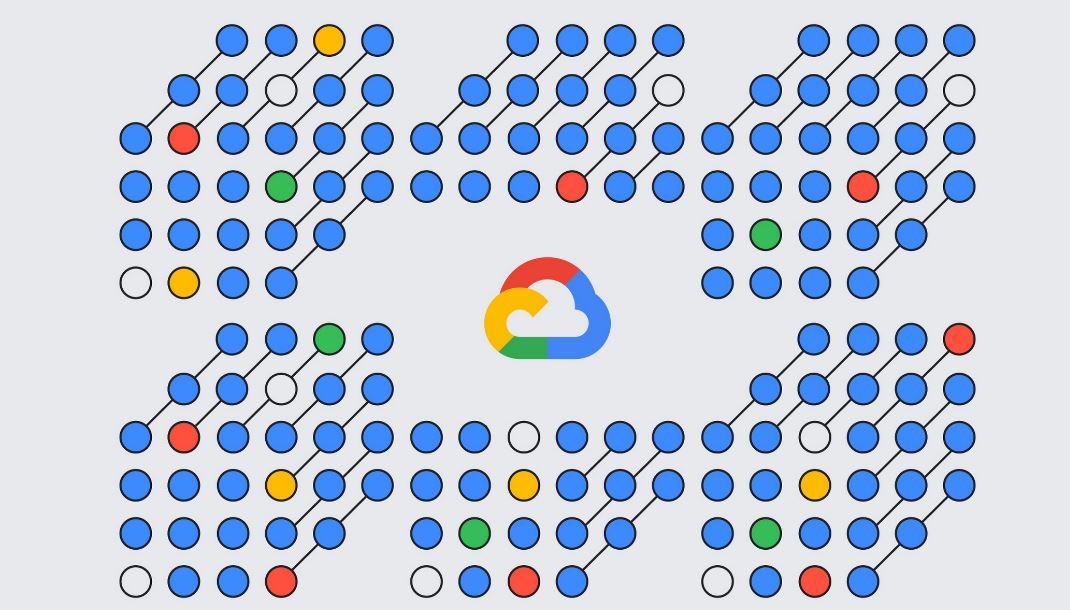
You can encrypt data on a Compute Engine instance’s persistent disk in GCP using various encryption options. By default, GCP automatically encrypts data at rest using Google-managed encryption keys. However, you can also use customer-managed encryption keys (CMEK) or customer-supplied encryption keys (CSEK) for more control over your encryption keys.
1. Using Google-managed encryption keys (default):
No additional action is required, as GCP automatically encrypts data at rest on persistent disks using Google-managed encryption keys.
2. Using Customer-managed encryption keys (CMEK):
a. Create a KeyRing and CryptoKey in Cloud Key Management Service (KMS). You can do this in the GCP Console or via gcloud CLI:
- GCP Console: Navigate to Security > Cryptographic Keys, create a KeyRing, and then create a CryptoKey in that KeyRing.
- gcloud CLI: Use the following commands to create a KeyRing and CryptoKey:
gcloud kms keyrings create KEYRING_NAME --location LOCATION
gcloud kms keys create CRYPTOKEY_NAME --keyring KEYRING_NAME --location LOCATION --purpose encryptionReplace KEYRING_NAME, CRYPTOKEY_NAME, and LOCATION with appropriate values.
b. When creating a Compute Engine instance with a persistent disk, specify the CryptoKey to use for encryption:
- GCP Console: In the “Create an instance” dialog, under “Boot disk,” click “Change,” then select “Encryption,” and choose “Customer-managed key” and pick the CryptoKey you created.
- gcloud CLI: Use the
--kms-keyflag when creating a new instance:
gcloud compute instances create INSTANCE_NAME --image-family IMAGE_FAMILY --image-project IMAGE_PROJECT --boot-disk-size BOOT_DISK_SIZE --boot-disk-kms-key projects/PROJECT_ID/locations/LOCATION/keyRings/KEYRING_NAME/cryptoKeys/CRYPTOKEY_NAME --zone ZONEReplace all placeholders with appropriate values.
3. Using Customer-supplied encryption keys (CSEK):
a. Generate an AES-256 encryption key in base64 format. You can use tools like OpenSSL for this:
openssl rand -base64 32b. When creating a Compute Engine instance with a persistent disk, specify the customer-supplied encryption key:
- GCP Console: In the “Create an instance” dialog, under “Boot disk,” click “Change,” then select “Encryption,” and choose “Customer-supplied key” and enter the base64-encoded encryption key.
- gcloud CLI: Use the
--csek-key-fileflag when creating a new instance:
echo '{"url": "projects/PROJECT_ID/zones/ZONE/disks/INSTANCE_NAME", "key": "BASE64_KEY", "key-type": "raw"}' > csek_key_file.json
gcloud compute instances create INSTANCE_NAME --image-family IMAGE_FAMILY --image-project IMAGE_PROJECT --boot-disk-size BOOT_DISK_SIZE --csek-key-file csek_key_file.json --zone ZONEReplace all placeholders with appropriate values.
Remember that with customer-supplied encryption keys, you are responsible for managing and securing the keys. If you lose the key, you will not be able to access the data on the encrypted disk.
By following these steps, you can encrypt the data on a Compute Engine instance’s persistent disk using the desired encryption key management option.





Leave a Reply